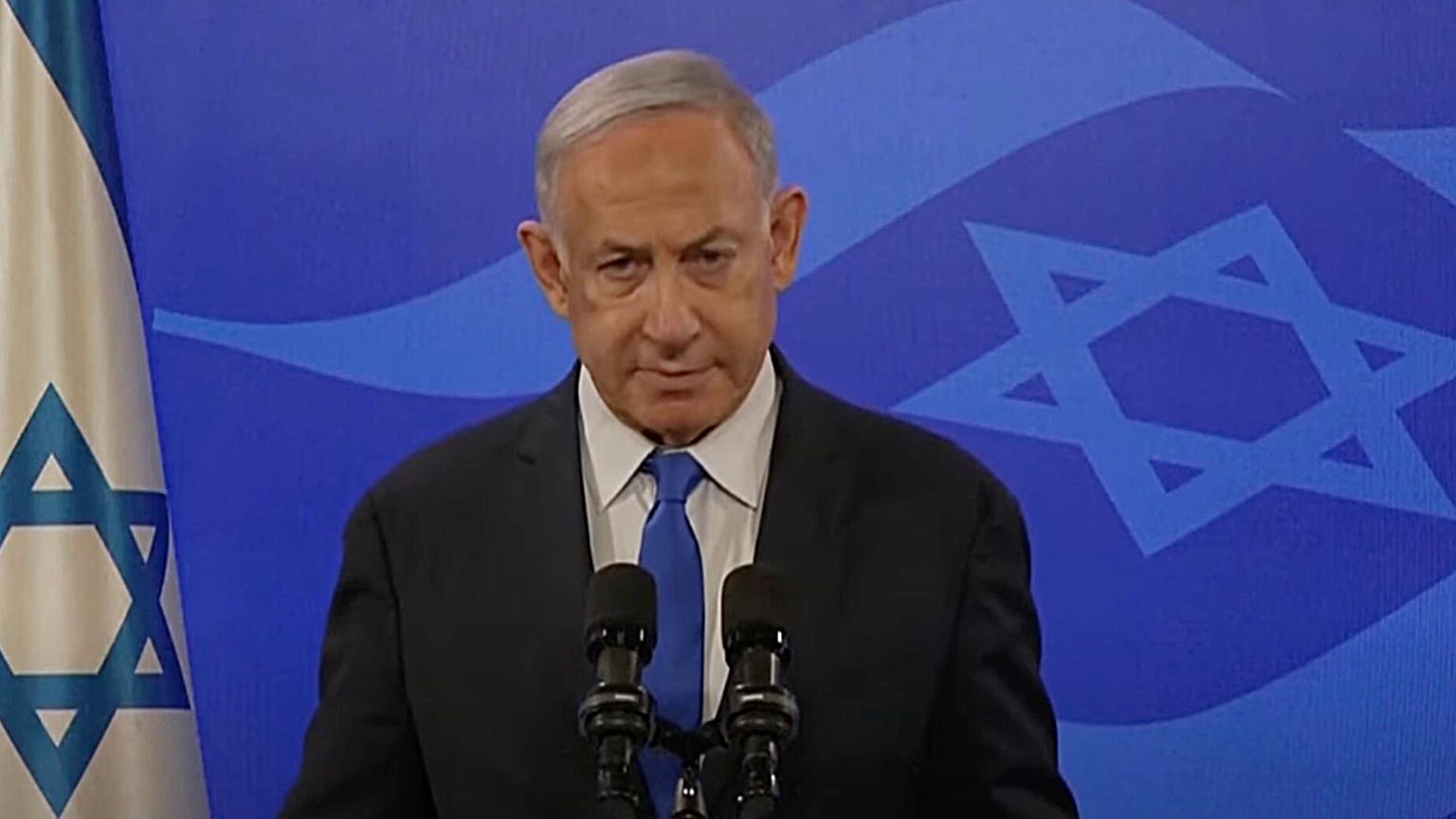The Intercept recently obtained a document that sheds light on the Israeli military’s stringent censorship policies during its conflict with Hamas in Gaza. This document was issued by the Israeli military to the media as part of the operation named “Swords of Iron.” The document’s existence and the specific restrictions it imposes represent a significant development in the Israeli government’s approach to controlling information during times of conflict.
Authored in English, the directive from the Israeli Chief Censor, Brigadir Gen. Kobi Mandelblit, lists eight specific topics that the media are not allowed to report on without prior approval. These topics encompass a range of sensitive subjects, including the use and capture of IDF weapons, details about Israeli hostages in Gaza, and information regarding cyberattacks and rocket strikes against strategic targets in Israel.
Michael Omer-Man, an expert on Israeli media and the director of research at Democracy in the Arab World Now (DAWN), noted the unusual nature of this directive. The memo, according to him, represents a departure from the general and more limited communications historically issued by the censor.
This revelation comes amid reports of increasing censorship during the ongoing conflict. Guy Lurie of the Israel Democracy Institute disclosed that since the start of the war, over 6,500 news items have been censored or partially censored, a significant increase from the period preceding the conflict. This trend of heightened censorship raises concerns about the freedom of the press and the Israeli public’s access to unfiltered information about the conflict.
The Israeli Military Censor, a unit within the IDF’s Military Intelligence Directorate, has long played a role in monitoring and controlling media coverage related to military operations. The recent actions, however, have intensified the debate over the balance between national security and freedom of the press. The self-censorship often practiced by Israeli journalists, as pointed out by Omer-Man, further complicates the issue, as it reflects a broader, more pervasive influence of the censor beyond its formal directives.












